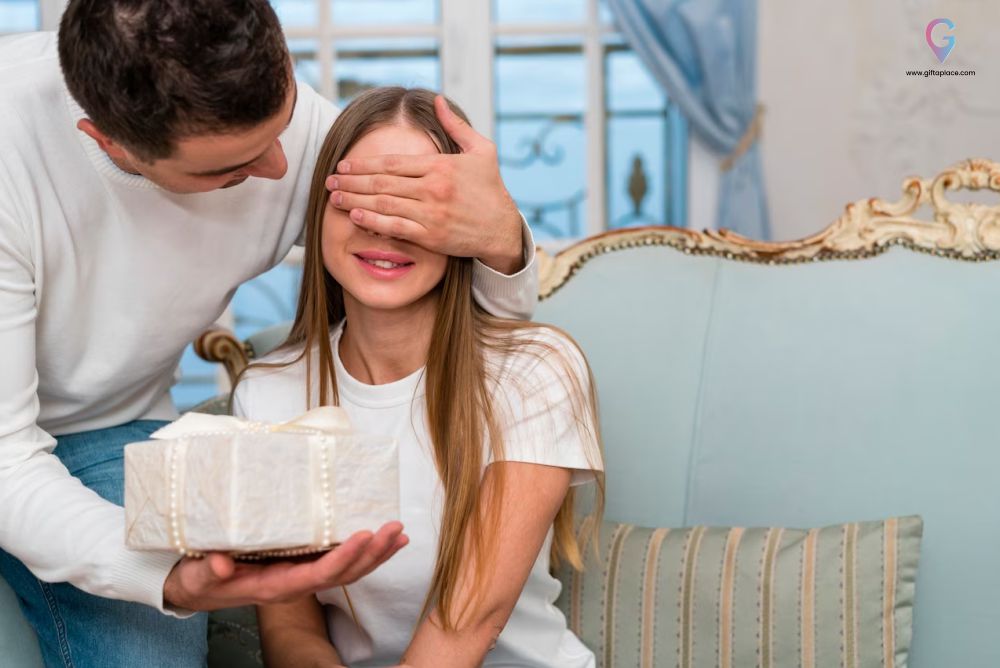Gift-giving has been an essential part of human culture for centuries. Whether it's a birthday, anniversary, or holiday, the act of giving a gift can bring joy and strengthen relationships. However, beyond the act of giving and receiving, gifting can have therapeutic benefits. Studies have shown that gifting can have a positive impact on mental health, well-being, and even physical health. In this article, we will explore the therapeutic benefits of gifting and how it can improve our overall quality of life.
Psychological Benefits of Gifting Memories
Gifting memories is a meaningful and creative way to give a gift that can evoke positive emotions and improve mental well-being. Memories are a powerful tool in helping individuals feel more connected to their past, their loved ones, and themselves. Giving a gift that is based on a shared experience or memory can be a powerful way to strengthen relationships. Additionally, the act of giving itself has been shown to have psychological benefits such as increased happiness and reduced stress. By giving a gift that evokes happy memories, individuals can experience these benefits and improve their mental well-being.
Types of Memory Gifts
- Photo albums: A collection of printed photos arranged in a particular order and presented in a book-like format. Photo albums are a traditional way of preserving memories and are considered thoughtful gifts that can evoke positive emotions.
- Personalized videos: A compilation of video clips and photos put together in a creative way to capture a special moment or event. Personalized videos can be easily shared with others and are a great way to keep memories alive.
- Scrapbooks: A collection of photos, memorabilia, and other items that have sentimental value, arranged in a creative way to tell a story. Scrapbooks can be personalized and are a unique way of preserving memories.
- Memory boxes: A box filled with items that hold sentimental value, such as handwritten letters, photographs, and keepsakes. Memory boxes can be created to celebrate a particular event or to capture a period in time.
- Audio recordings: A collection of audio recordings capturing voices and conversations that are important to the recipient. Audio recordings can be created using a variety of devices, from smartphones to professional recording equipment.
Each type of memory gift can help to preserve important memories and evoke positive emotions. The choice of gift may depend on the recipient's preferences and the memories that are being celebrated.
How Gifting Memories Can Enhance Emotional Connection
Gifting memories can be a powerful way to enhance emotional connections between individuals. Memory gifts, such as photo albums, personalized videos, and scrapbooks, can evoke positive emotions and serve as a tangible reminder of shared experiences. These gifts provide an opportunity for individuals to reflect on the past, which can strengthen their bond and create a deeper emotional connection.
Memory gifts can also serve as a form of emotional support. When someone receives a memory gift, it can make them feel valued and loved. This can be especially important during difficult times, such as the loss of a loved one or during a significant life transition. Memory gifts can provide comfort and a sense of connection, which can be particularly important for individuals who are feeling isolated or lonely.
In addition to serving as a form of emotional support, gifting memories can also help individuals to express their emotions in a meaningful way. Memories can be powerful reminders of love, happiness, and joy, and sharing these memories with others can be a way to express these feelings. For example, a personalized video that highlights shared experiences and memories can be a way to communicate love and appreciation to a partner or family member.
Overall, gifting memories can be a powerful way to enhance emotional connections between individuals. By preserving and sharing memories, individuals can strengthen their bonds and express their emotions in a meaningful way. These gifts can provide a source of comfort and support during difficult times and can serve as a reminder of the importance of shared experiences and connections with others.
How Memory Gifts Can Help With Grief and Loss
Grief and loss are inevitable parts of life, and they can be incredibly challenging to navigate. However, gifting memories can provide comfort and support during these difficult times. Memory gifts, such as personalized photo albums, scrapbooks, or videos, can help individuals preserve memories of their loved ones and celebrate their lives.
Memory gifts can also provide a tangible reminder of the relationship and the shared experiences between the giver and the recipient. These gifts can evoke positive emotions and help individuals feel connected to their loved ones, even after they have passed away.
Furthermore, memory gifts can help individuals work through their grief and emotions by providing a way to process their thoughts and feelings. They can serve as a therapeutic tool to work through their emotions and find closure.
In addition, memory gifts can help individuals honor their loved ones' legacies and keep their memories alive. By cherishing memories through memory gifts, individuals can remember their loved ones' passions, achievements, and the moments that brought them joy. This can provide comfort and support during difficult times and help individuals move forward while keeping the memory of their loved ones alive.
Overall, gifting memories can be a powerful way to help individuals cope with grief and loss. Memory gifts can serve as a source of comfort and support and provide a tangible reminder of the relationship and shared experiences between individuals.



